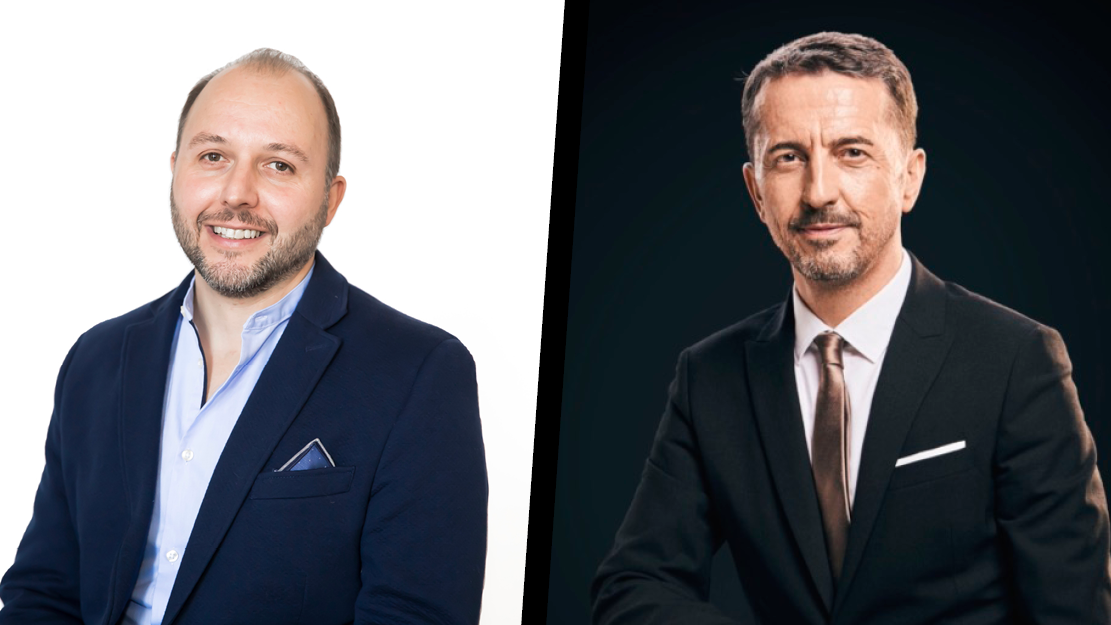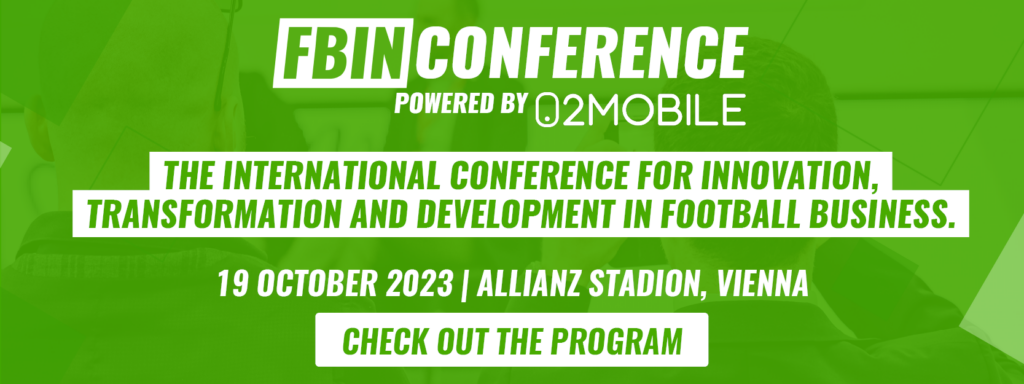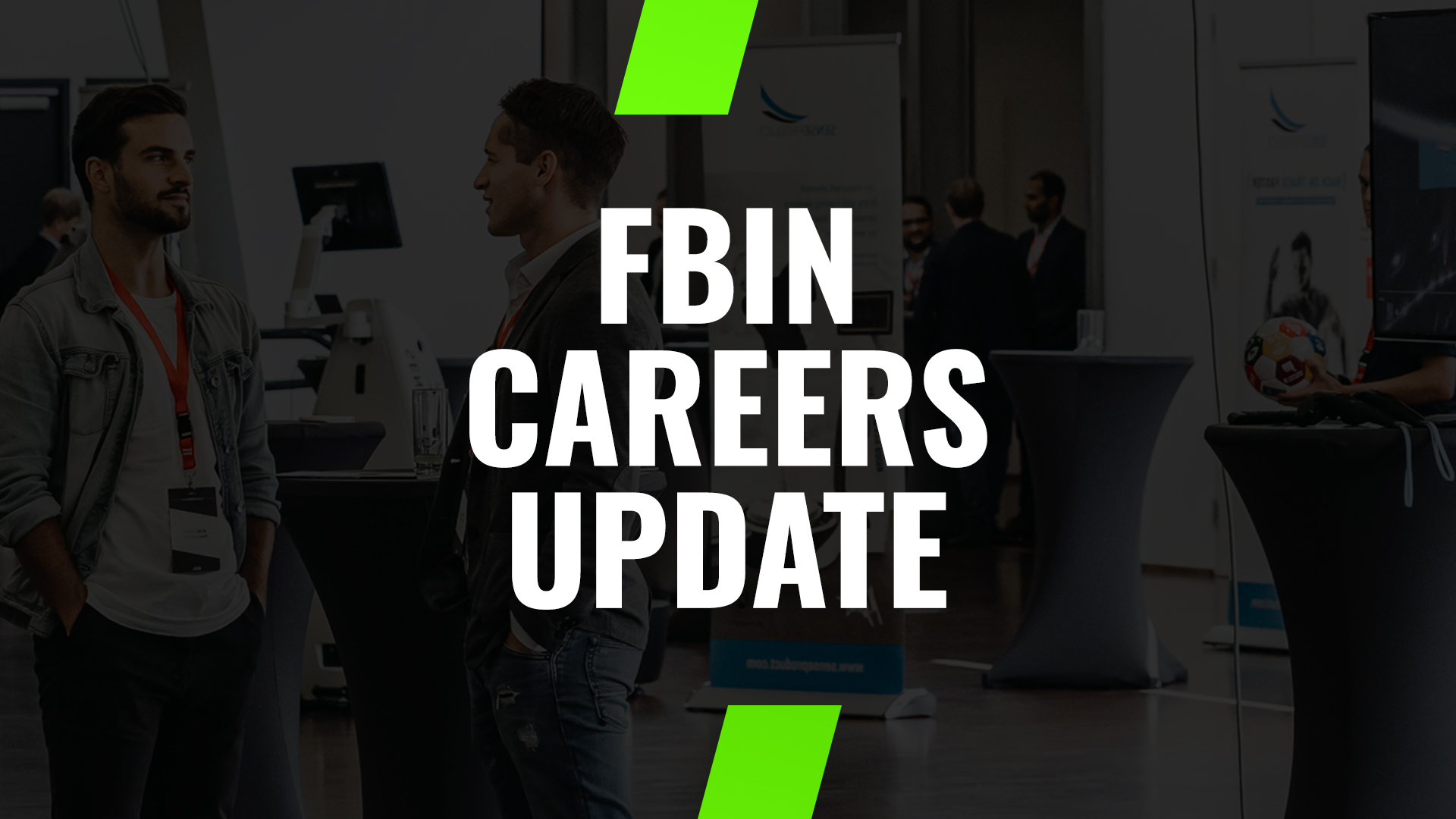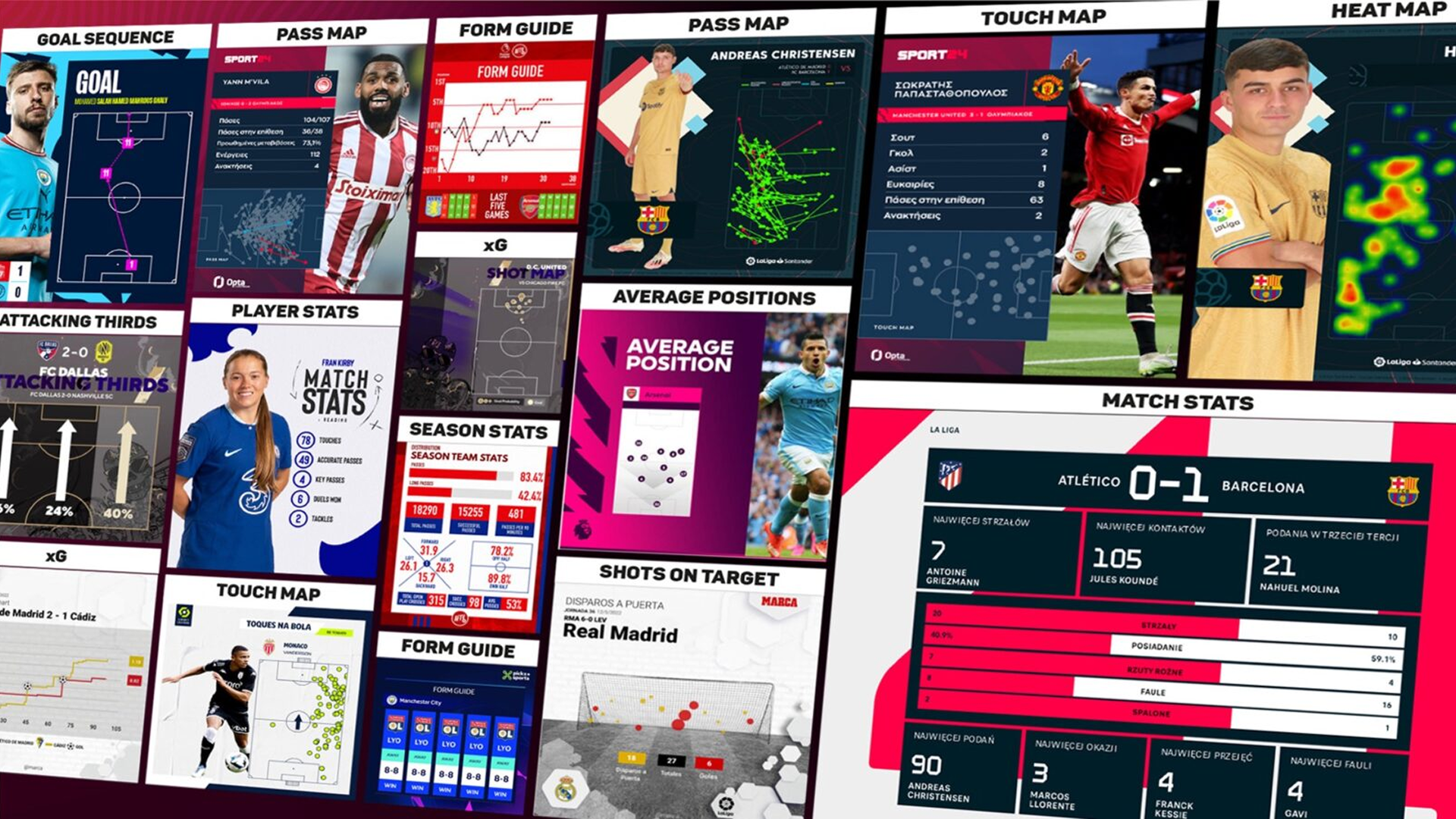Prior to our FBIN Conference 2023 powered by 2Mobile, we conducted an extensive interview with Georg Pangl, CEO of Pangl Football Group, and Egon Prünster, CTO at Ummadum. We delved into the topic of sustainable fan mobility. Georg’s extensive experience in football and Egon’s ambition for a greener world make them a dynamic duo. Join us as we explore the challenges they face and their vision for a greener future, not only in football but across various industries.
By Quang T. Pham
Can you both share what inspired you to venture into sustainable fan mobility, especially with the Ummadum platform?
Georg: Football, and sports in general, have a significant opportunity to contribute to sustainability through fan engagement. With Ummadum, it’s a straightforward way to reduce and save CO2 emissions. This is my personal motivation for collaborating with experts like Egon and his team.
Egon: We began with a vision to contribute to CO2 reduction across various industries. Soon, we realized the potential in fan mobility and football as a starting point, leading us to develop the platform we use today. As the CTO, I’ve had the privilege of building this with my team.
The main challenges of fan mobility, especially with football fans traveling frequently to various locations?
Egon: The primary challenge is that the travel of fans isn’t adequately tracked. This oversight results in a significant amount of unaccounted CO2 emissions. To put it in perspective, if you examine the German Bundesliga, you’ll find that a single match day generates approximately 7,500 tons of CO2. This substantial figure has not gone unnoticed, and clubs are feeling the pressure to address and improve the situation. A significant contributor to these emissions is car rides, which make up a large percentage of fan travel. In fact, scope 3 is responsible for almost 98% of sport event emissions. We view Ummadum as a community-building platform that can directly tackle this issue.
From a football perspective, how are clubs and governing bodies currently addressing this issue?
Georg: From an impartial perspective, FIFA and UEFA are genuinely trying to elevate the sustainability topic across various aspects of the sport. Their efforts deserve to be acknowledged. Egon and I have engaged in dialogues with UEFA directors, representatives from the Austrian, and most recently with the German League, and while we understand that progress takes time, I firmly believe that more immediate actions are needed. Given the urgency of this matter, decisions should be made faster. The financial aspect isn’t the biggest challenge; in the grand scheme of things, the required investment is relatively minor. Whether it’s a league, federation, or club, funds should be allocated to initiate this crucial endeavor.
What are the current common solutions for the fan mobility issue?
Egon: There are undoubtedly various methods in place. The key focus is to encourage fans to use public transportation, biking, ride sharing, and other sustainable methods when traveling to games. Using Ummadum as an example, we provide a wide range of transportation options, complemented by effective communication and especially with incentives within our app. Additionally, parking management could be something highly valuable for both clubs and fans as well.
Can you briefly explain Ummadum’s concept and what are its unique selling points?
Egon: Basically, Ummadum is a platform that motivates fans to adopt sustainable travel methods to their matches. Still, our vision is to create an entire ecosystem centered around sustainable mobility. It’s all about community. We can seamlessly integrate fans, partners, sponsors, and even entire cities with their respective communities into the app.
Regarding the mechanism, fans receive an invitation to join their club’s community on the app. On match day, they get a reminder to initiate their journey to the stadium. Throughout the journey, we track the user’s GPS data, which serves as our primary method of validating their activity. We can detect different modes of transport and have multiple validation checks in place. Once the fan arrives at the stadium, the app automatically validates and concludes the activity, and rewards incentives.
What sets us apart is our unique combination of sustainability and gamification. We’ve introduced challenges where fans can compete against each other, either individually or as groups. For instance, fans from one club can compete against fans from another to see which group is more sustainable. This intrinsic motivation is at the heart of our platform.
What are the tangible incentives fans will receive in return?
Egon: Incentives differ by club, as each customizes rewards for its unique fan base. For instance, one club offers increasing discounts in their store based on the number of times a fan uses Ummadum to attend a game. After one visit, fans could receive a 5% discount, potentially rising up to 30% after multiple visits.
Georg: I would also add that the most active fans can receive ‘money-can’t-buy’ rewards, like match-worn shirts or jerseys signed by the entire team. These incentives provide both commercial and emotional value, offering fans exclusive items they can’t find elsewhere. This excitement within the fan community has the potential to spark a broader movement. By getting top clubs on board and integrating this with the league’s licensing system, we could see a major shift in fan engagement and sustainability efforts throughout the league.
How do you ensure and validate that users genuinely use sustainable transport methods as they claim?
Egon: We track users using GPS data, which is our primary method of validating their chosen mode of transport. All activities are documented, and while we prioritize data security by periodically removing detailed GPS data, our main focus is on aggregated data for our partners. The CO2 savings are calculated based on standard car emissions for a typical journey, but we can adjust these calculations based on our partners’ needs.
Georg: The platform is also equipped with sensors that cross-reference with platforms like Google Maps. For example, if someone claims they’re biking but their speed suggests they’re in a car, the system detects this discrepancy. It’s not just a concept; it’s a scientifically proven mechanism developed in collaboration with environmental experts.
What ROI can football clubs expect?
Georg: In my opinion, if a club genuinely commits and fans rally behind it, the return on investment is immeasurable. This can shift the consciousness of not only the fan base but potentially the entire region or city. Consider a city like Munich, where the football club holds significant influence. If the club’s sustainability efforts gain traction, it could resonate on a much wider scale. First, media coverage on such a vital topic can attract additional partners or sponsors keen on aligning with this green movement, and thus open doors for new revenue streams. Secondly, by raising awareness among fans and fostering a culture of sustainability, the long-term ROI, in my opinion, is beyond monetary valuation.
Can you share more details about your projects with VfL Stuttgart & Wolfsburg?
Egon: Clubs are under increasing pressure to adopt sustainable practices. VfL Stuttgart, for instance, already has a dedicated sustainability department. Our collaboration with them, and similarly with Wolfsburg, has been smooth. They use our platform’s self-service features to create and publish challenges, encouraging fans to adopt sustainable behaviors. The primary communication happens through chat, and it’s impressive to see clubs like VfL Wolfsburg use their vast social media presence, like their 717,000 followers on Instagram, to promote sustainability. Each club customizes challenges to the needs of their fanbase.
What are your big next projects and vision for the coming years?
Georg: I see Ummadum not just in football, but across the entire sports world and beyond, even in daily corporate life. At the FBIN conference, I’d love to open our presentation with the iconic line, “I have a dream.” I envision a day when clubs and players are recognized and awarded a green trophy for their sustainability efforts, specifically for their CO2 savings. Imagine a world where the most eco-conscious club or player is celebrated annually worldwide.
Egon: I echo Georg’s sentiments. Our vision is to make mobility sustainable and transparent. We aim to support fans and organizations in their sustainability journey. While we’ve started in countries like Germany, Italy, and Austria, our platform is designed to scale globally, across different industries and without any boundaries.

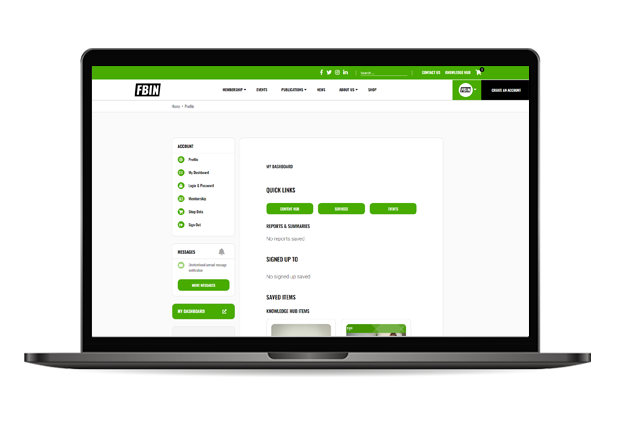
 Upgrade to Premium Now
Upgrade to Premium Now
